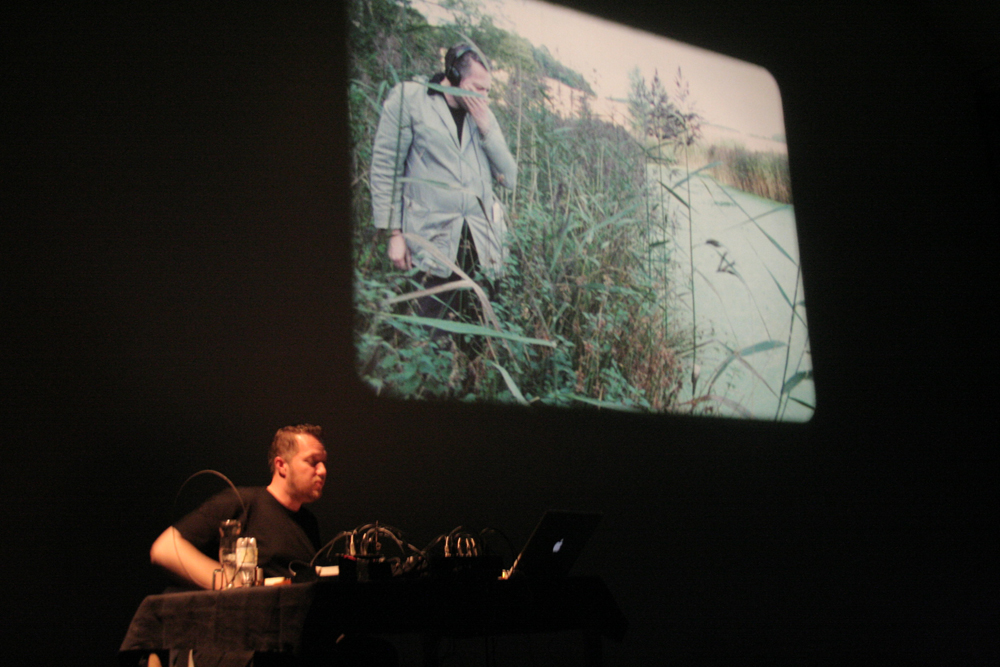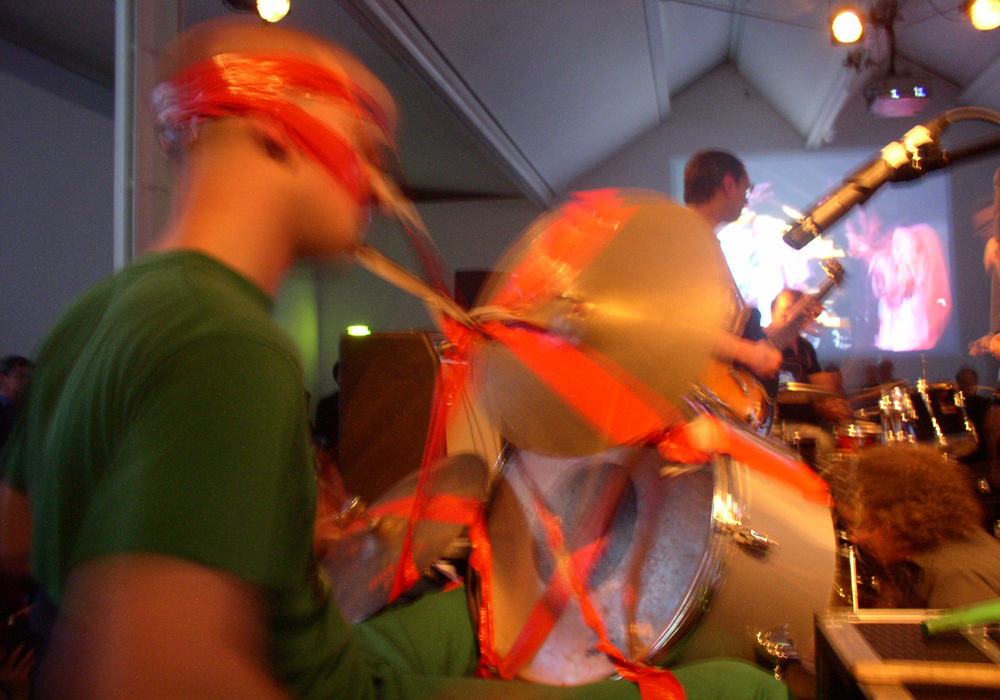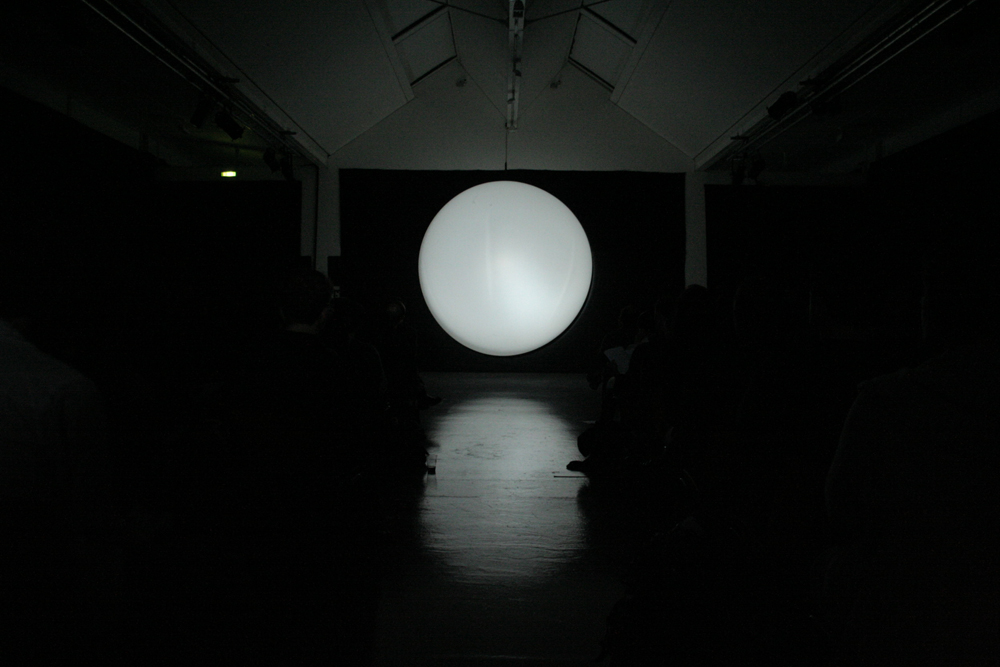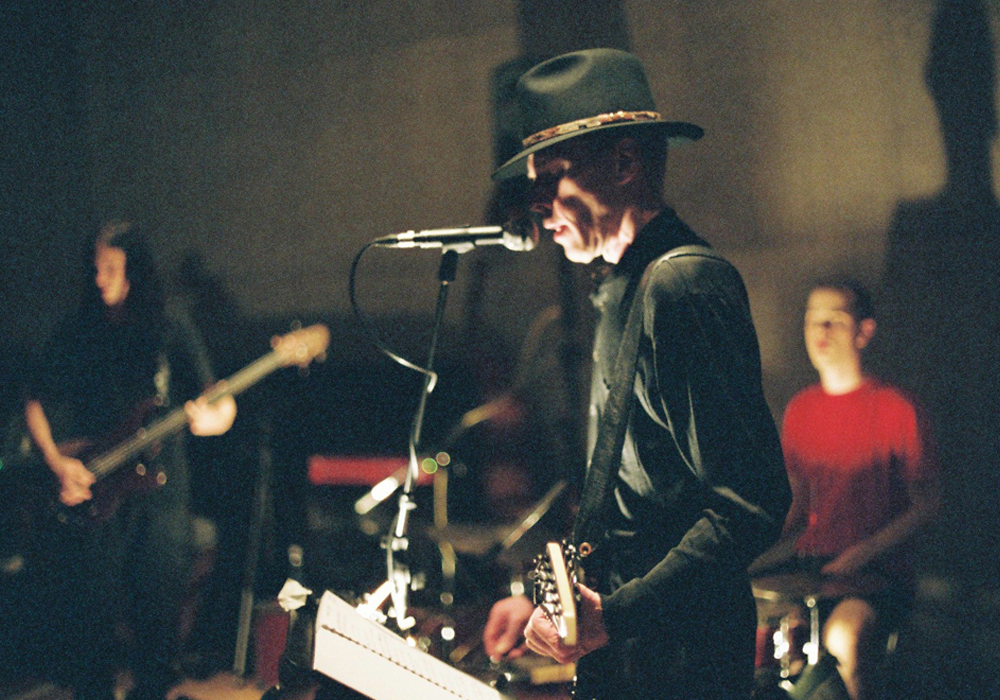
North West from Chester Hill, Composition – 10 (1960)
Lee Patterson Luke Fowler
A delicate and detailed walk through the urban and rural landscape around Dundee; a poetic focus on the details found. A performance for 16mm projection and live amplified objects (maybe pine cones, maybe a coke bottle).













